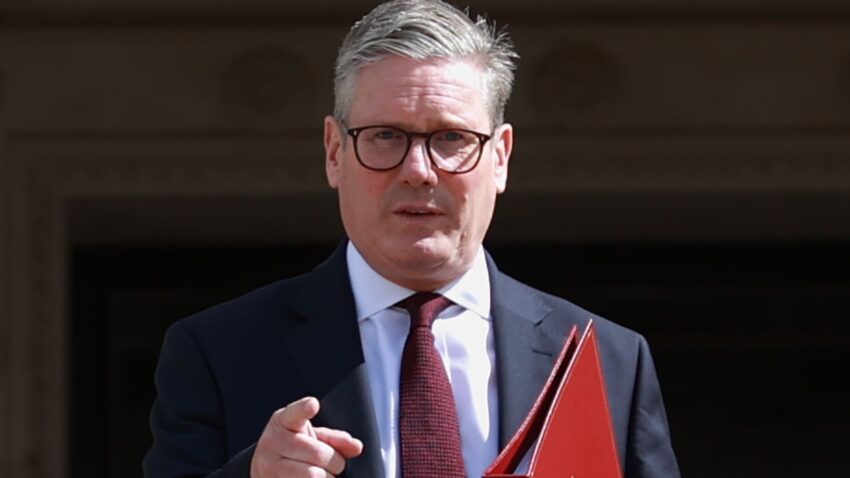In the United Kingdom, a mere 1.13 million individuals significantly impact the nation’s fiscal health. They are expected to contribute a staggering £124 billion in income tax this year, forming a critical component of public finance strategy.
Such reliance on a narrow taxpayer base raises pertinent questions and concerns over the sustainability and fairness of current tax strategies, especially as government entities plan for forthcoming budgets.
The Dominance of the 45p Rate Taxpayer
According to HM Revenue and Customs (HMRC), those paying the 45p rate, a group comprising merely 1.13 million people, are projected to deliver more than £124 billion this year. This figure accounts for over 40% of the total income tax collected by the Treasury, highlighting their crucial role in the country’s economic machinery.
This revenue greatly exceeds the combined intake from corporation tax, fuel duties, council tax, and business rates, underscoring the significance of these top earners in maintaining fiscal balance.
Comparison with Other Taxpayers
In stark contrast, the 29.5 million individuals categorized as basic-rate taxpayers are expected to provide £82.8 billion, representing just 28% of the total income tax revenue.
Similarly, the higher-rate taxpayers, numbering 6.3 million, will contribute £93.7 billion, which forms 31% of the income tax collection. These figures illustrate the disproportionate contribution levels among different taxpayer groups.
Labour’s Tax Strategy Under Scrutiny
Labour’s Rachel Reeves faces mounting pressure to rethink her tax proposals targeting non-doms and higher earners.
Treasury officials have cautioned that focusing tax increases on a small group of top earners might not yield the expected revenue, potentially necessitating strategic adjustments.
Carl Emmerson from the Institute for Fiscal Studies has warned against this approach, as heavily taxing a select few could lead to behavioural changes, posing a significant risk to revenue stability.
Revenue Generation and Economic Policy
Income tax remains a major source of government revenue, predicted to generate £300 billion this year.
Sir Keir Starmer’s emphasis on taxing those with the ‘broadest shoulders’ highlights a policy focused on equitable burden-sharing, especially as the nation braces for a challenging budget on October 30.
This approach aims to ensure that the wealthiest contribute fairly to the public coffers, supporting social welfare and infrastructure.
Potential Risks of Over-reliance
With such a significant share of tax revenue dependent on a small fraction of taxpayers, there are inherent risks if these individuals alter their financial behaviours in response to tax policies.
Potential risks include tax avoidance or relocation to more favourable tax regimes, which could lead to substantial revenue shortfalls.
This situation calls for a more balanced and sustainable approach, integrating a broader tax base to mitigate dependency on top earners.
The Broader Economic Impact
The concentration of tax revenue among top earners also affects broader economic planning and policy implementation.
Governments must consider the long-term implications of such fiscal reliance when crafting economic and social policies.
Balancing immediate fiscal needs with sustainable economic growth is essential for maintaining national prosperity and public services.
Future Considerations for Policymakers
The critical dependence on top earners for substantial revenue collection necessitates a careful reevaluation of tax structures.
Policymakers must explore diverse strategies to broaden the tax base while ensuring equitable contributions from all income levels.
This will involve rethinking traditional taxation models to enhance revenue stability and economic resilience.
In conclusion, the heavy reliance on a small group of top earners for significant tax revenue in Britain presents both opportunities and challenges for fiscal policy.
A careful and balanced approach is required to ensure sustainable revenue streams without compromising fairness or economic stability.

